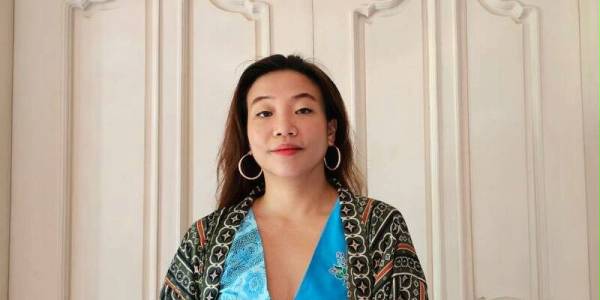Ms Margaret Go


Margaret Go is a doctoral researcher in Politics at the School of Social Sciences, where she examines the interplay of identity, representation, and power in International Relations. Her research focuses on the evolving discourses surrounding China’s rise and how these narratives shape U.S. foreign policy strategies of containment and engagement within the context of the Old and New Cold Wars from 1949 to 2023. She challenges the binary framing of China’s rise as either peaceful or threatening, arguing that such narratives are simplified rationalisations. Instead, she reveals the ambivalence embedded in U.S. foreign policy discourses, which are socially and discursively constructed and are shaped by colonial legacies, myths of American Exceptionalism, and American Orientalism.
Her intellectual perspective is deeply informed by her lived experience as a Filipina-Chinese woman who has lived in the Philippines, China, Singapore, and the United Kingdom. Her interdisciplinary academic background includes an MSc (Hons) in International Relations from the UK, an MA in International Business Management from Singapore, and a BA in International Trade and Economics from China. Prior to entering academia, she worked as a speechwriter and analyst at the Office of the President of the Republic of the Philippines, where she developed a deep interest in the narratives and ideologies that inform foreign policy decisions.
Outside of her academic work, Margaret is also committed to public engagement and critical pedagogy. She volunteers as a decolonial tour guide in London’s SOHO Chinatown, where she unpacks the historical and contemporary links between empire, migration, and urban space. Through this initiative, she fosters public understanding on how colonial histories continue to shape cultural narratives and social imaginaries.
Margaret's research namely China’s Rise through Western Eyes: Evaluating Representations of China’s Rise in the Context of US Foreign Policy during the ‘Old and New Cold War’ (1949- 2023) examines how U.S. foreign policy discourses on China’s rise reflect a broader pattern of neocolonial desire manifested in efforts to contain and integrate China’s rise through the repetition of structured hierarchies and binary oppositions such as West/non-West and Global North/Global South. These binaries, she argues, reproduce colonialist knowledge and justify asymmetrical power relations. By applying a postcolonial approach to International Relations, she critically interrogates how U.S. foreign policy constructs China’s rise as a racialised Other, and how such representations function to sustain American hegemonic power. In doing so, her research highlights that colonial discursive narratives framing China’s rise as either threatening or peaceful are two sides of the same coin, namely racialised representations strategically employed to ultimately maintain and sustain American dominance within a dynamic international system.
Her project goes beyond rationalist and materialist explanations. The project centres on how foreign policy is shaped by the interplay of colonial legacies, power relations, identity, and meaning-making processes. She situates her work within the broader conversations on decolonising International Relations theory and practice, calling for a rethinking of core concepts like power, hegemony, and sovereignty through the lens of race and gender that have often been overlooked or excluded in traditional IR frameworks.